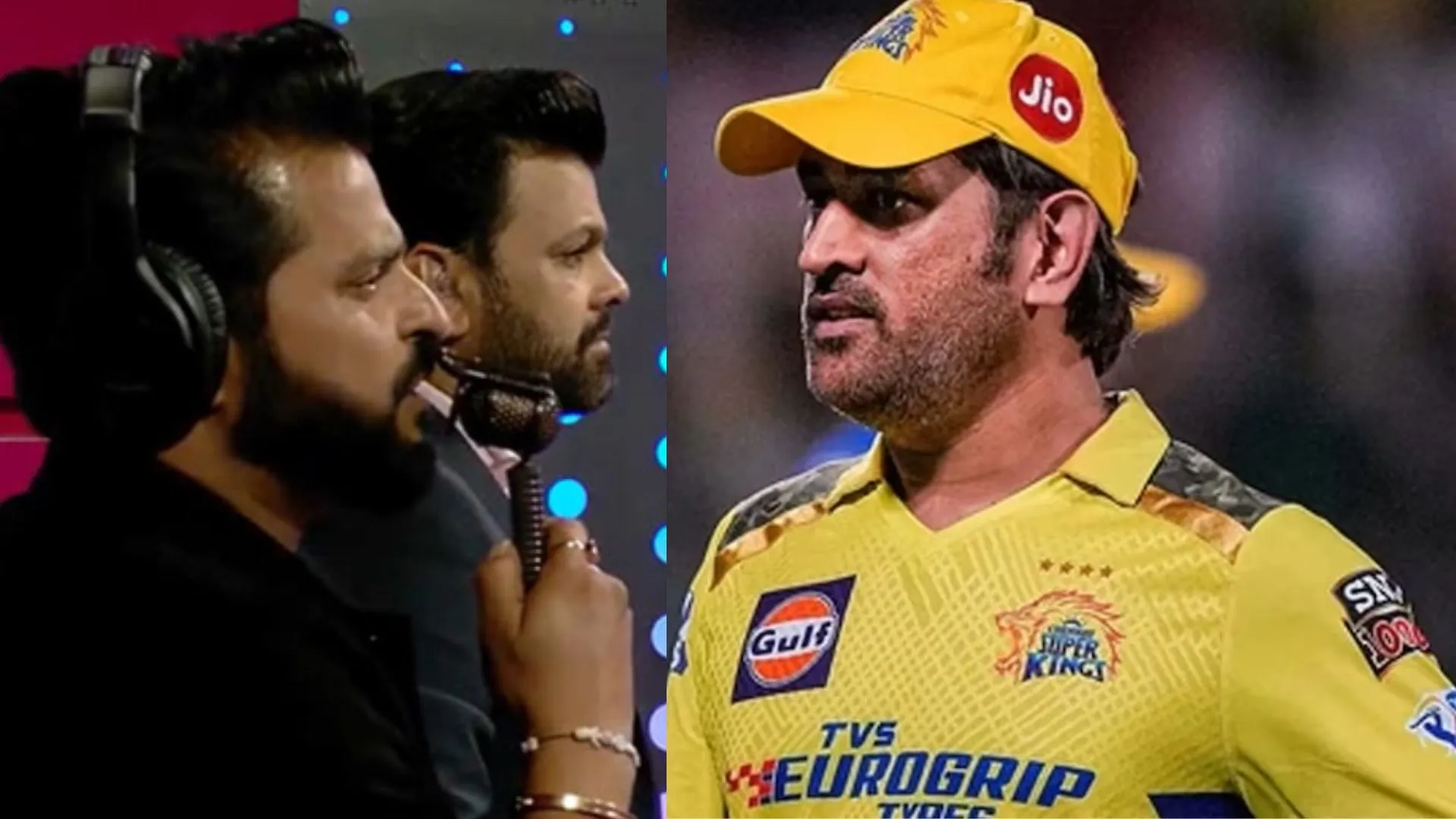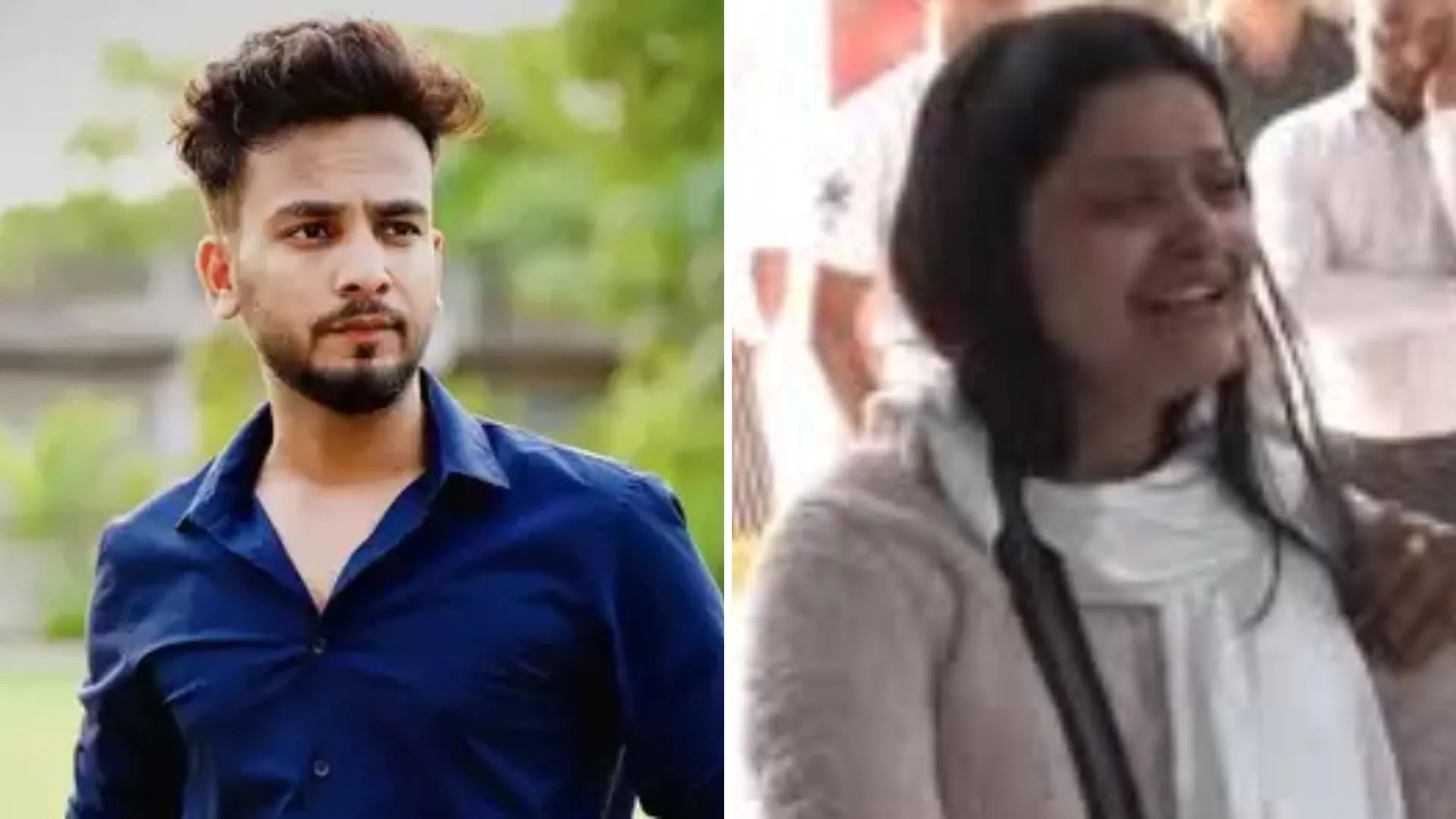Danish Prime Minister Mette Frederikesen on Friday was hit by a man, who later got arrested in the capital city of Copenhagen. The Danish PMO released statement to CNN.
The Danish PMO said, “Prime Minister Mette Frederiksen was hit by a man Friday evening on Kultorvet [public square] in Copenhagen. The man was subsequently arrested,”.
The statement added that currently it is unclear if the prime minister was hurt in the assault but the official statement added that Frederiksen is indeed in lot of shock.
Politicians Across Europe heed’s reaction
After the attack, Danish Environment minister Magnus Heunicke called for national unity, saying everyone has a responsibility to look after each other regardless of “political disagreements, election campaigns.”
“Something like this must not happen in our beautiful, safe and free country,” he said on X. “This is ugly and unacceptable. Let’s show that Denmark is much better.”
Danmarks statsminister Mette Frederiksen er i dag blevet overfaldet og slået af en mand på Kultorvet i København.
Mette er naturligvis chokeret over overfaldet. Jeg må sige, at det ryster os allesammen, der er tæt på hende.
Sådan noget må ikke ske i vores smukke, sikre og frie…
— Magnus Heunicke (@Heunicke) June 7, 2024
“Deeply shocked by the outrageous attack on my colleague and friend, Prime Minister of Denmark Mette Frederiksen,” Latvian Prime Minister Evika Siliņa said in a post on X.
Deeply shocked by the outrageous attack on my colleague and friend, Prime Minister of #Denmark Mette Frederiksen. @Statsmin, all our thoughts are with you and your loved ones. Wishing you a speedy recovery! 🇩🇰
— Evika Siliņa 🇱🇻🇺🇦 (@EvikaSilina) June 7, 2024
“All our thoughts are with you and your loved ones. Wishing you a speedy recovery,” she added.
European Commission President Ursula von der Leyen condemned the attack, calling it a “despicable act, which goes against everything we believe in and fight for in Europe.” She went on to wish the prime minister strength and courage, saying she has plenty of both.
Denmark is due to vote in the European Union elections on Sunday.
Frederiksen, the leader of Denmark’s center-left Socialist Democratic party, has served as prime minister since 2019.
Slovakian Prime Minister was also attacked..
Her attack comes weeks after Slovakian Prime Minister Robert Fico was shot and wounded in what was the first major assassination attempt on a European political leader for more than 20 years. Political analysts and lawmakers said at the time that exposed an increasingly febrile and polarized political climate both in Slovakia and across Europe.























